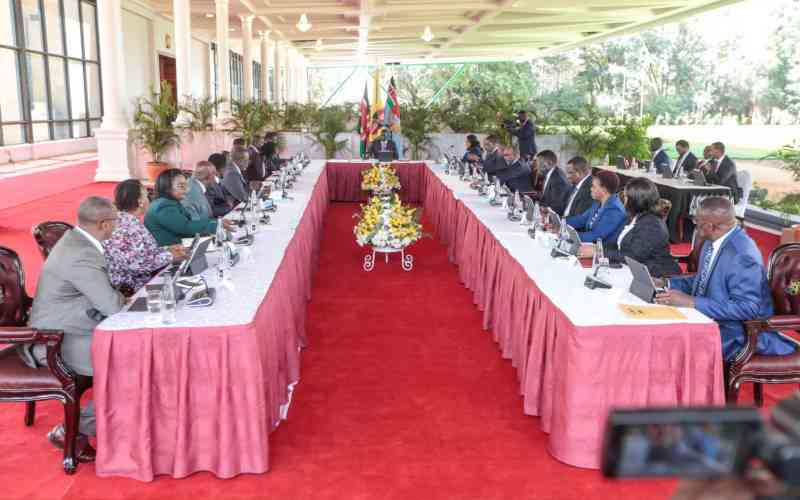×
The Standard e-Paper
Home To Bold Columnists

The Cabinet has directed that the role of regional development authorities be reviewed in light of devolution.
With the constitutional two levels of government, the Cabinet said, the review should assess the impact and effectiveness of the six regional authorities.